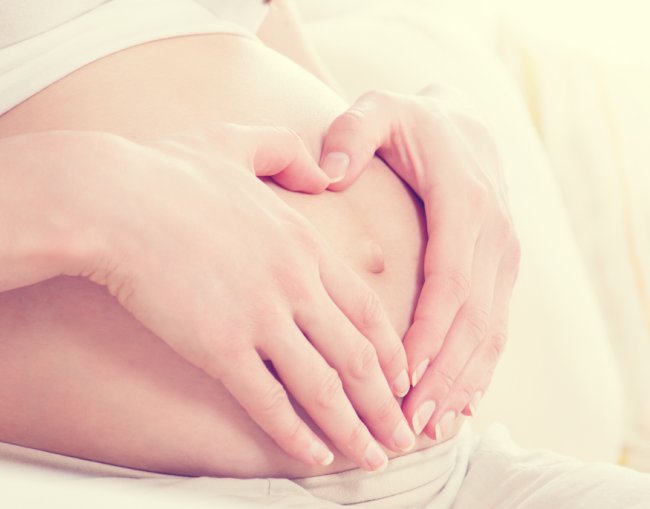Korean-American scholars discover mechanism that may hold key to preventing autism
By Korea HeraldPublished : Sept. 14, 2017 - 22:50
Two Korean-American scholars have identified a mechanism in mice that links autism in offspring to a mother’s gut infection during pregnancy, in a discovery that could one day help prevent the development of the condition.
Two studies, led by Gloria Choi of MIT and husband Jun Huh of Harvard Medical School and published in Nature on Wednesday, illuminate that pregnant mice exposed to infection develop an autoimmune response which can result in neural developmental problems in their offspring. They also discovered the specific brain changes that produce these behaviors.
Two studies, led by Gloria Choi of MIT and husband Jun Huh of Harvard Medical School and published in Nature on Wednesday, illuminate that pregnant mice exposed to infection develop an autoimmune response which can result in neural developmental problems in their offspring. They also discovered the specific brain changes that produce these behaviors.

Previous studies in humans had illustrated that viral infections during the first three months of pregnancy can heighten the risk of autism by threefold, and infections in the first six months by 40 percent. The latest studies offer clues on how the mechanism works in mice.
“We identified a very discrete brain region that seems to be modulating all the behaviors associated with this particular model of neurodevelopmental disorder,” Choi, the Samuel A. Goldblith Career Development Assistant Professor of Brain and Cognitive Sciences and a member of MIT’s McGovern Institute for Brain Research, told MIT News.
If further validated in human studies, the findings could offer a way to reduce the risk of autism, which would involve blocking the function of certain strains of bacteria found in the maternal gut, the researchers say.
According to the Nature, the studies’ findings have “one obvious implication: some pregnant woman could use diet or drugs to manipulate their microbiome to reduce the risk of harm to their baby.”
"The studies do offer some intriguing leads," the Nature said.
(khnews@heraldcorp.com)
-
Articles by Korea Herald







![[Graphic News] More Koreans say they plan long-distance trips this year](http://res.heraldm.com/phpwas/restmb_idxmake.php?idx=644&simg=/content/image/2024/04/17/20240417050828_0.gif&u=)
![[KH Explains] Hyundai's full hybrid edge to pay off amid slow transition to pure EVs](http://res.heraldm.com/phpwas/restmb_idxmake.php?idx=644&simg=/content/image/2024/04/18/20240418050645_0.jpg&u=20240419100350)






![[From the Scene] Monks, Buddhists hail return of remains of Buddhas](http://res.heraldm.com/phpwas/restmb_idxmake.php?idx=652&simg=/content/image/2024/04/19/20240419050617_0.jpg&u=20240419175937)

![[KH Explains] Hyundai's full hybrid edge to pay off amid slow transition to pure EVs](http://res.heraldm.com/phpwas/restmb_idxmake.php?idx=652&simg=/content/image/2024/04/18/20240418050645_0.jpg&u=20240419100350)

![[Today’s K-pop] Illit drops debut single remix](http://res.heraldm.com/phpwas/restmb_idxmake.php?idx=642&simg=/content/image/2024/04/19/20240419050612_0.jpg&u=)